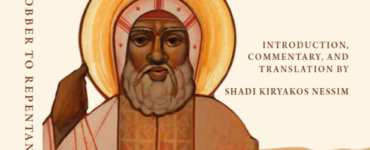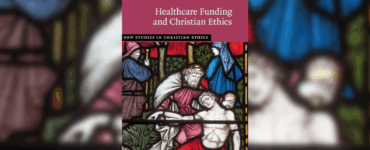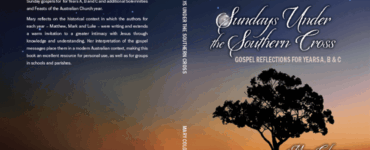Check out this new essay written by Carolyn Alsen which asks, if there were CCTV surveillance footage from the Sodom-Mamre narrative in the Book of Genesis, would this help us to understand what is going on? Or does the desire to see and be seen lead to continual cognitive dissonance and narcissism?
About the author
Dr Carolyn Alsen is a biblical scholar, linguist and educator, and has experience in secondary Religious Education, cross-cultural mission for Bible translation, linguistic field research and designing theological curriculum. She has lectured in Hebrew Bible at the Sydney College of Divinity and Trinity College Theological School, served as Academic Dean of St Athanasius College, and is the Learning and Teaching Manager of the University of Divinity, Academic Programs.
Carolyn is fascinated with organisational and social behaviour, polyvisuality and visual communication, which as motivated her to research and publish on some of the difficult ethical dilemmas in biblical narratives, using theories of the eye, evil eye, gaze, knowledge through seeing, self and superego, drone technology, blindness and blind spots, and public or private spaces. This article builds on these research themes.
Abstract
If there were CCTV surveillance footage from the Sodom-Mamre narrative in the Book of Genesis, would this help us to understand what is going on? Or does the desire to see and be seen lead to continual cognitive dissonance and narcissism? The Sodom narrative can be interpreted as a story of surveillance. Characters observe each other in a veillant field and act based on their desire for omnividence: the power to see all.
The divine character in Genesis desires to observe human life, and the human characters reflect this desire, with bureaucratic decisions based on surveillance, countersurveillance and sousveillance. Lot’s wife “Ado” stands in the gap between wanting to see and understand, and the limitations of seeing all. In the end, the longing to see and know leads to violence through the cognitive dissonance and narcissism.
This essay references surveillance studies, critical biblical scholarship, Lacanian psychoanalytic and related philosophical traditions concerning desire, particularly the desire of the eyes, the gaze, linked with ancient and modern surveillance practices.
Full ArticleBiblical Interpretation (published online Open Access 2023).







Add comment